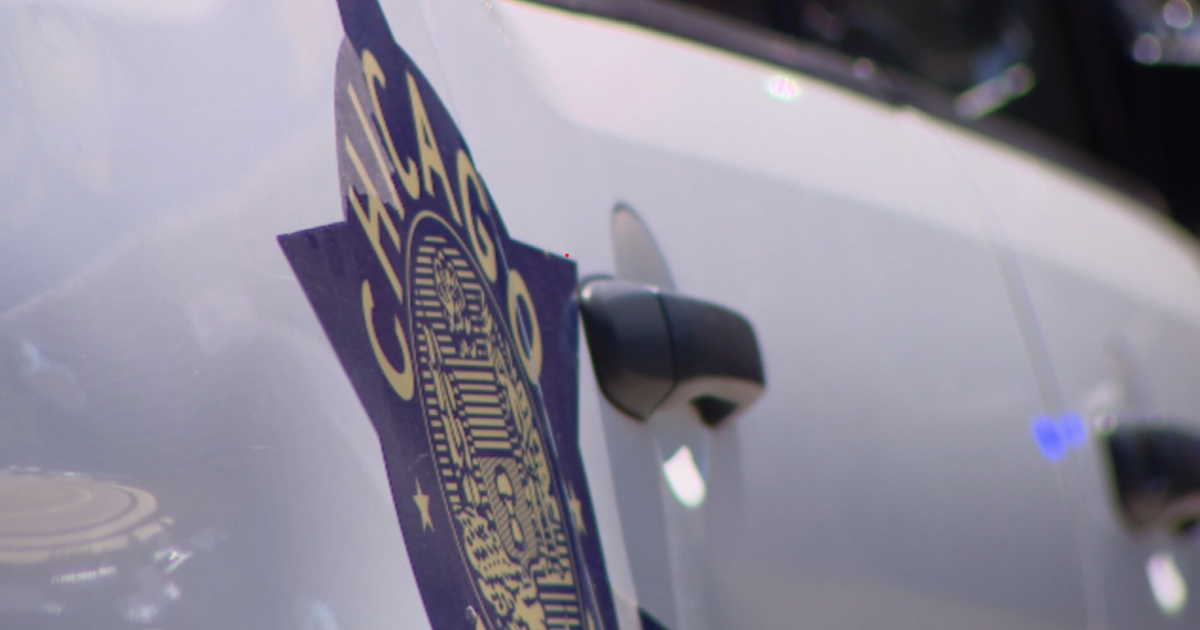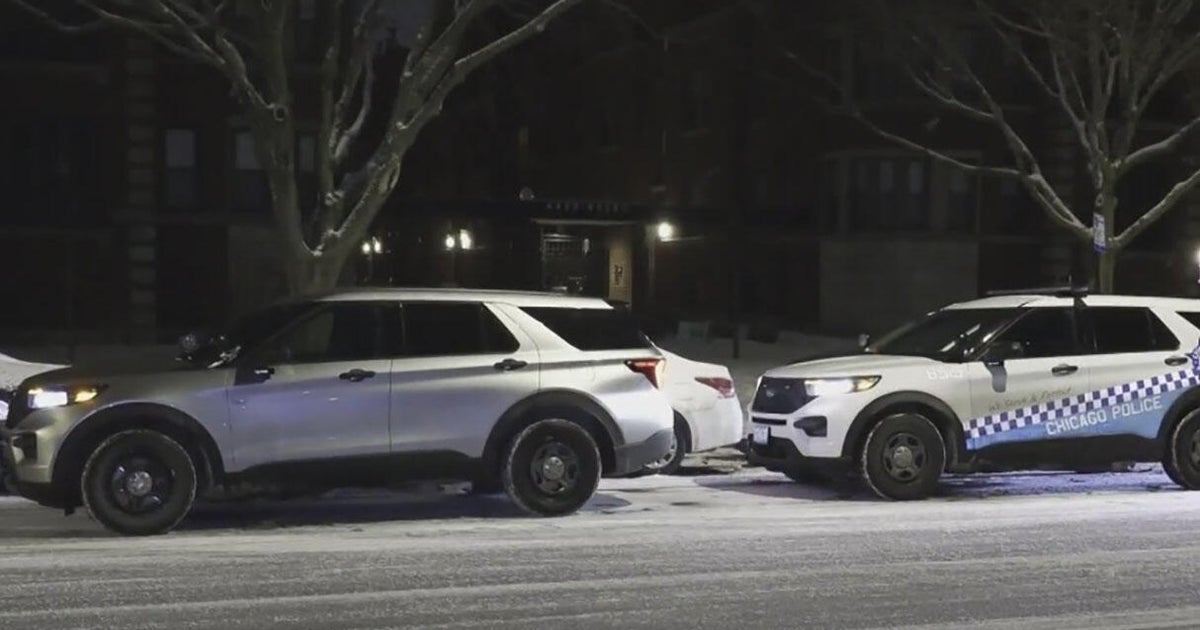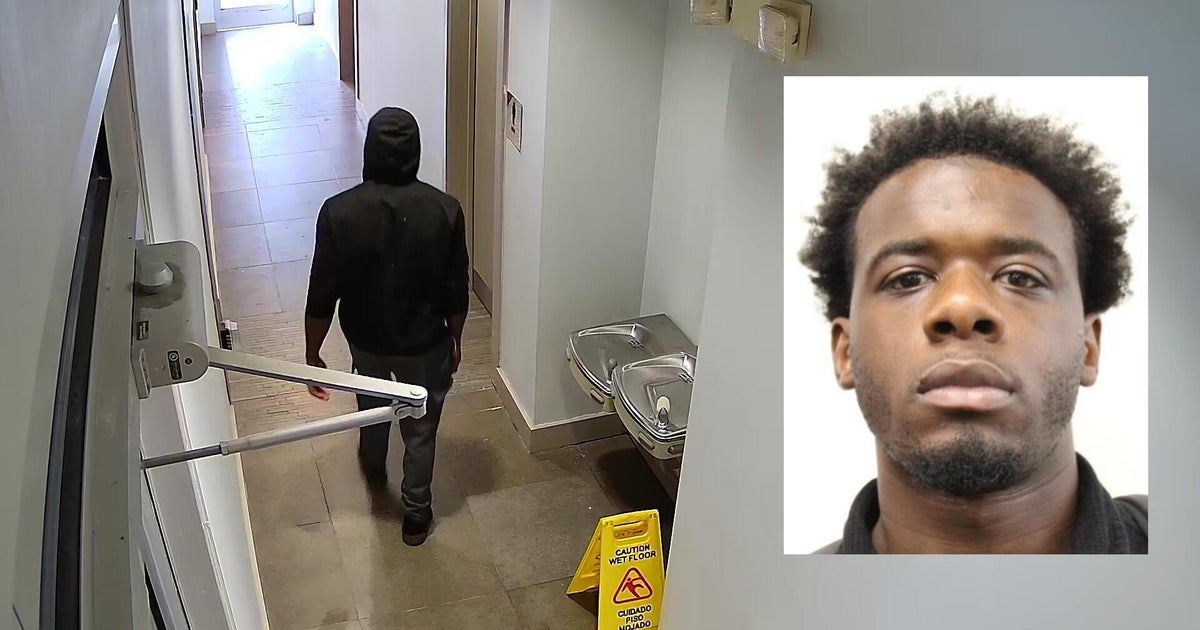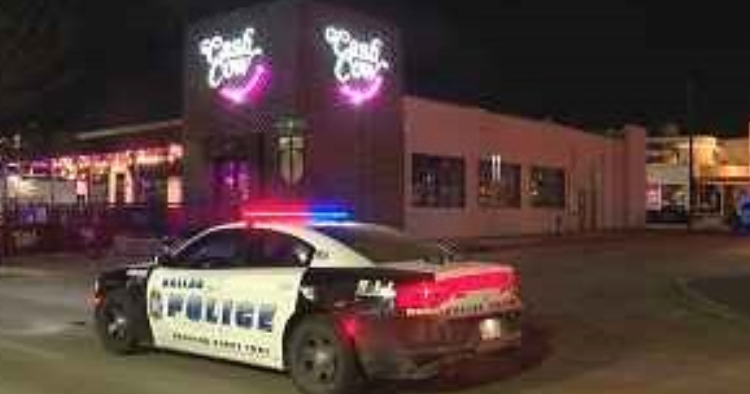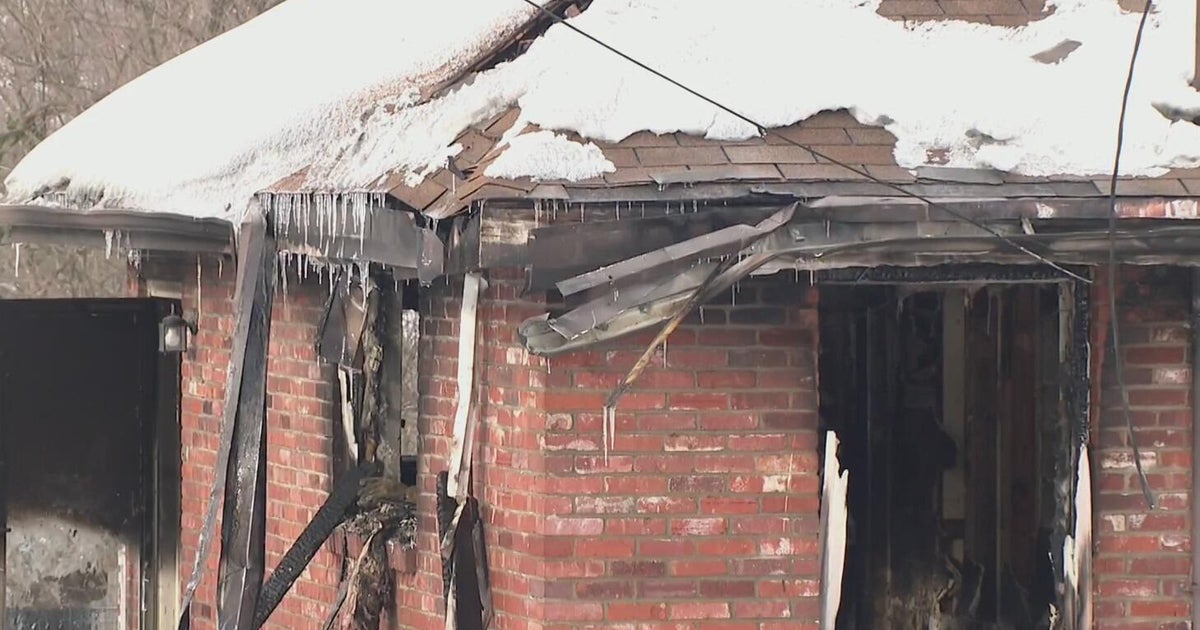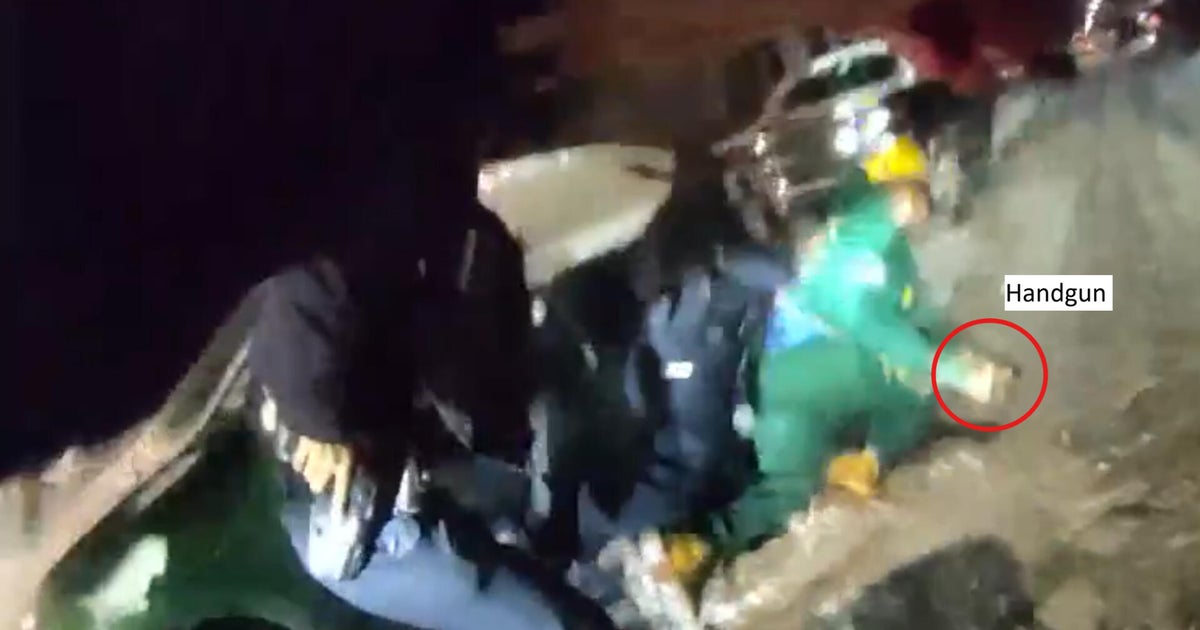Chicago Police forensic team's careful work behind the scenes key to solving crime
CHICAGO (CBS) – They are often the unseen heroes, working 24/7 to keep Chicago safe, documenting every crime scene in the city.
They're among the first to arrive and often the last to leave.
CBS 2's Tara Molina got an inside look at the Chicago Police Department's team of evidence technicians and how their work bridges the gap from suspect to criminal behind bars.
At crime scenes during any hour of the day in Chicago, past the crime scene tape is where their work on the ground kicks off. But it's only the beginning, and as CBS 2 learned, the smallest piece of evidence at the scene makes all the difference.
When the 911 call comes in, police are dispatched, and first responders rush out. A CPD truck is among the very first pulling up to the crime scene with a team of sworn, armed, and experienced police officers who document everything at the scene and mark all possible evidence behind the tape. They then safely and oh-so-carefully label and package every single piece for testing and storage.
They're CPD's evidence technicians who work in the Forensic Services Division. And while you won't hear from them at the big press conference or see them mentioned in the public arrest record, the work they do every day, not only behind the police tape but behind the scenes, makes the difference from an arrest on the street to a conviction in court.
"Digital forensic evidence and physical forensic evidence is science," said Lt. Daniel Jacobs, commanding officer of CPD's Forensic Service Division. "And people respect that a lot more in today's world. So that's where we need to invest as a department, and we are."
Jacobs leads the team. With more than 30 years on the force, he's a second-generation Chicago police officer who chose to move into evidence and forensics after 20 years in the detective division, where he focused on the worst of the worst violent crimes.
"Being a longtime homicide detective, there're many aspects of forensics that I knew could have helped us or did help us throughout my employment, I guess, or my career," Jacobs said.
It's a perspective that makes a difference on the street, especially at a scene like one from this past summer in West Englewood, where one person was killed and five others were hurt. Police sources told CBS 2 that 187 rounds were recovered from the scene, where almost as many evidence markers were visible.
They covered everything from clothing to shell casings, items preserved and processed for fingerprints and DNA.
"You'll take blood swabs from the ground depending on, or other pieces of evidence," Jacobs said.
And what about a large scene like the one in West Englewood?
"You go out there, and you see these guys out there putting down markers, and they're going into the 80s and the hundreds," he said.
The team could spend up to 14 hours at the scene. Then, it takes just as long to get all of the evidence back for processing so it can be sent out for testing.
"It's not just picking something up and shoving it into a bag," Jacobs said. "It just is another key piece in the prosecution puzzle."
To be on the forensic service team, officers have to go through special, rigorous testing and intensive, continued training.
Molina: "I'm sure you're asked all the time, is your job similar to how it's portrayed in TV shows?"
Jacobs: "No. Close, but no, no."
But some cases stand out, like when a piece of chewed gum made the difference.
"Somebody identified what looked like a fresh piece of gum on the ground and talked to the people whose house was next to it, and they were like, 'No, I didn't chew blue gum yesterday,'" Jacobs said. "And we recovered it, and sure enough, it ended up getting identified as a profile of a possible suspect and ended up being a [child sex abuse] offender."
Molina: "So it is a little like a TV show."
Jacobs: "Yeah, that day it was very much so. It was a good detective, good identification, and like I said, we collected and preserved it correctly, and it led to successful prosecutors of a [child sex abuse] offender."
While so much of the job surrounds trauma, the best feeling, Jacobs said, is when a piece of evidence collected helps close a case.
"The reward is probably the best," he said. "To give that closure, to get that ultimate reward back from families.
"And that's where the passion towards the end of my career has been really rewarding."
Forensic science is not only a fast-growing field across the country. CBS 2 was told it's becoming the division drawing more and more recruits to the Chicago Police Department.
With science being central to law enforcement and securing prosecutions, Jacobs said they're consistently called to testify in court, sometimes 10 to 15 years after working a crime scene. And with advances in technology and evidence saved for years, Jacobs still hopes to solve the cases keeping them up at night.
"It just wasn't enough," he said. "You did everything right, but you see the pain in victims' eyes or victim families' eyes, and you want to do everything you can, and sometimes no matter how great of a job you do, it may just not be enough. It will stay with you for a while."
The team is a superhero of the justice system, an unsung hero when it comes to keeping the city safe.
Molina: "You're really doing this for the people of Chicago."
Jacobs: "Yes."
